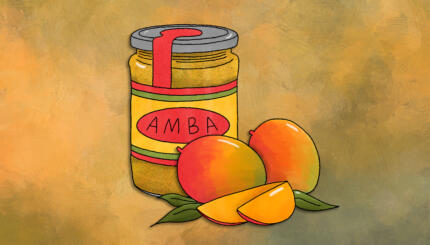I recently officiated at the funeral for a 24-year-old. Of course, this was a horrific experience for the family of this young man. The funeral of a young person is probably the most difficult thing I do, even after 20 years as a rabbi. It is just not natural; it raises every question of faith, fairness, God and more.
This particular experience was different. The family of this young man bravely made the decision to donate his organs, hoping that their tragedy could potentially help someone else to have life. This young man had not declared himself to be an organ donor, because, like most 20-somethings, he had no idea that his life would end so soon. Yet his parents, in their worst hours of pain, decided that this is something their son would have wanted and that it was something they could do in their son’s memory. It was actually brought to my attention that, often, the people who are the most eligible organ donors are the young who die from sudden deaths.
I was with the family every step of the way, and I feel it is incumbent upon me to share this experience with others.
The family was told by the organ transplant team that if they knew of someone in need of an organ donation, then that person could move to the top of the transplant registry. The family did not know of anyone, yet I had just learned of a woman in the community who was in need of a kidney – a woman whom I know, though not well. I spoke with the family, even though I felt awkward and uncomfortable bringing this up in their greatest moments of pain. They agreed and found out what information we needed to move forward.
Through the organ transplant team, I was able to make the connection between this woman and the potential organ donor, and the process of potentially matching the two began.
I was with these parents as the doctors ended life support for their precious son. I watched as this mother and father sat by his face, holding his hand, rubbing his cheeks, saying goodbye to everything they thought would be for their son. These loving parents chose to do one of the holiest and most sacred acts they could do – acting to help save another person’s life while dealing with their own loss and grief.
I then reached out to the woman who needed the kidney and learned several hours later that what had been a long shot was now nearly a reality. She was heading to the hospital with the potential of receiving a new kidney that very night.
It never dawned on me that it might actually work. In those few hours, I then thought of the many families who had never considered organ donation, and I was angry with myself for not discussing it with them, and encouraging them to do this one great mitzvah, in honor and in memory of their loved one.
It actually did not matter whether the actual transplant took place. This experience taught me that if this family, in a time of such grief, could make the decision to make their son a potential organ donor, then we all need to do a better job of informing and educating people about the importance of organ donation, and the importance of connecting with and speaking up for those in need.
This experience again reminds me that the greatest opportunities to do the most important of mitzvot can often come from the most uncomfortable, difficult and incredibly heartbreaking situations.
Please click for more information about organ donation and the Jewish view of organ donation.



